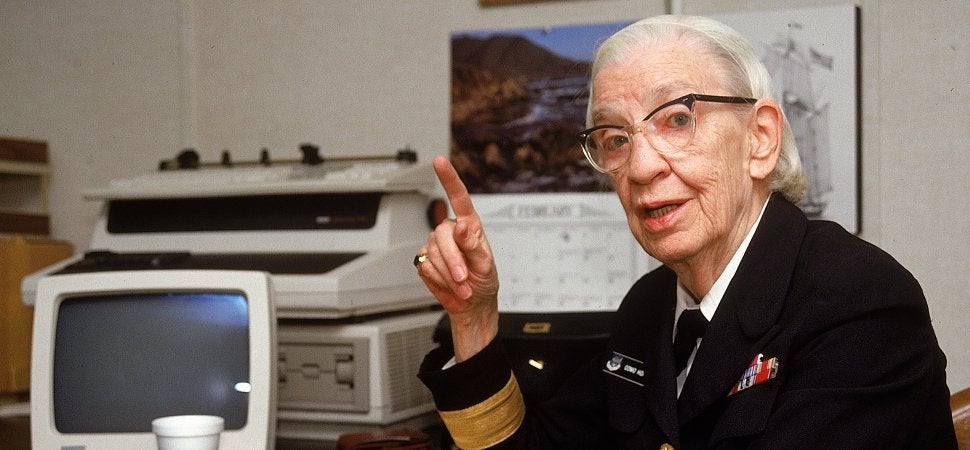What Admiral Grace Hopper really meant when she said, "It's easier to ask forgiveness than it is to get permission"
What you’re about to read is an excerpt from The Changelog #354. Read the original transcript or listen to the entire conversation for more context. To set the stage, we were talking about the ethical concerns around synthetic biology…
If all we do is restrict biohacking completely, like “No man’s land. You can’t go there”, then it’s going to be done elsewhere. It’s like saying, “You can’t do computing on the internet, because you might transfer an internet virus.”
So one extreme means we remain in ignorance, and then it’s like The Demon-Haunted World of Carl Sagan – we don’t understand what’s going on, and it’s affecting us.
The other extreme is every human for themselves with no control and no care over the implications (which I think has been a very common attitude in tech). This is poorly interpreting Grace Hopper’s, “Ask forgiveness, not permission.”
First of all, many people don’t know that Admiral Grace Hopper said that; the attribution. But also, they don’t realize what she was talking about.

She was a military officer in a large organization. If you’ve ever worked at a company or an organization that operates at that kind of global scale… it’s very hard to get permission to do anything, because you need to go up three or four levels in the hierarchy above your boss to get permission… especially if there’s no cost to the organization and substantial benefit.
So “Ask forgiveness, not permission” meant:
Do the right thing within the organization, whether or not they know it. That way you can help the people that you work for.
It did NOT mean:
Move the extrinsic cost to the public domain so that we can profit.
That is not the same thing at all!
I don’t wanna pick on any particular company, but I think we could rattle off a list of companies whose primary business model is to take public goods and to turn them into private profits. To me, that’s antithetical to this whole idea of – you know, “What is technology for?” Well, it’s to improve human well-being. There is no other reason.
To hear more & learn some exciting announcements around TinyGo, listen to the episode below. 👇
Discussion
Sign in or Join to comment or subscribe